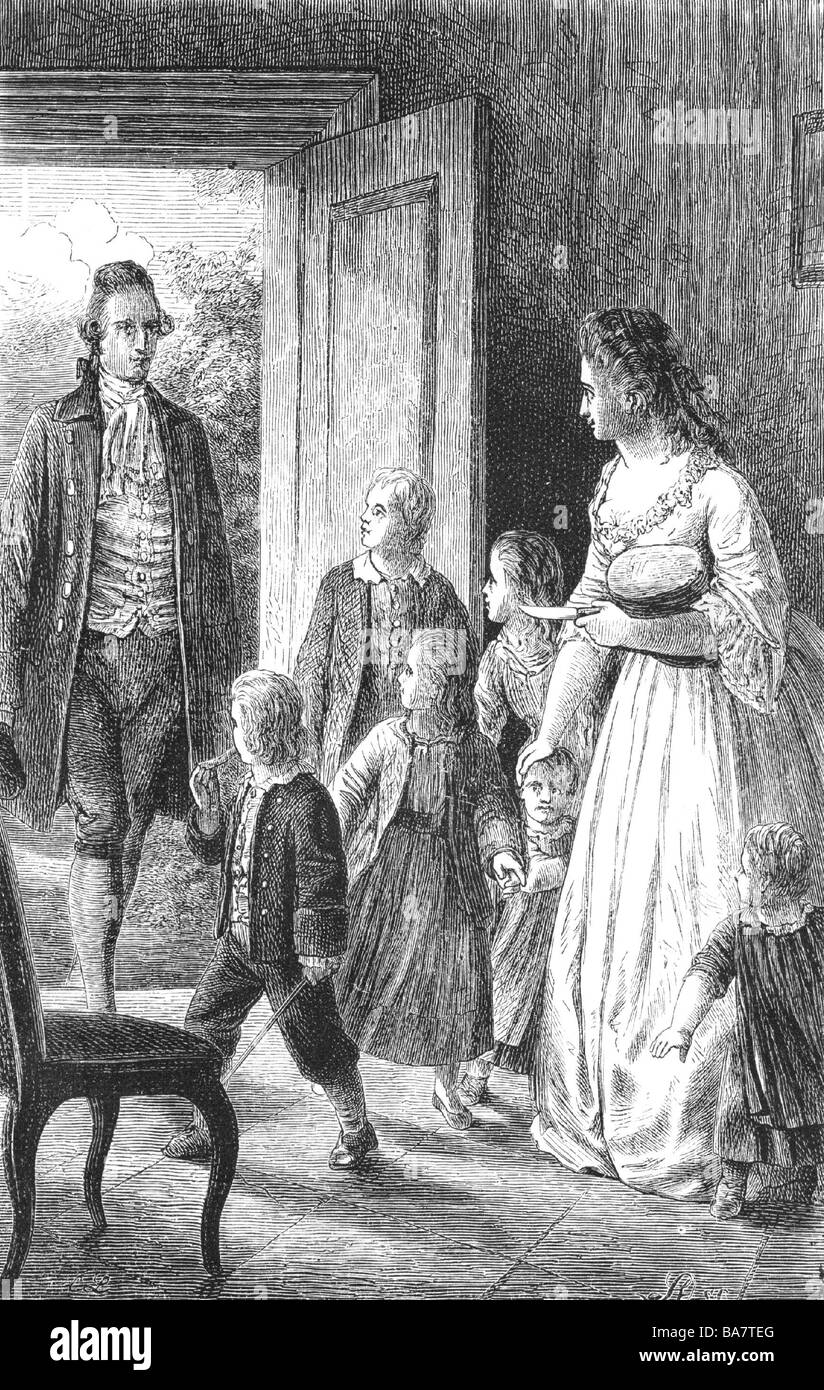
Werther's letters become cloyingly introverted and selfish as his torment intensifies: tragic tales of rural labourers that he meets are used to enhance the all-consuming power of his despair. While Werther's vehement, Hamletesque contemplation of nature, religion and the self anticipates the linguistic mastery of Goethe's later play Faust, the author's struggle to shed a troubled past often renders the novella far from sublime.

Unable to temper his extreme passion, Werther convinces himself that self-annihilation is the only solution to his affliction. Happily promised to another, she cannot return his affections, and the epistolary novella charts Werther's torment in the face of rejection. In this pastoral paradise he falls for Lotte, daughter of a land steward. Seeking to extricate himself from an inappropriate romantic entanglement, the artist Werther heads for rural solitude. The sensational novella united people in self-obsession and a desire for a sublime sense of individuality.įor Goethe, however, his first novel was an attempt to escape a younger, turbulent part of himself: the thinly veiled semi-autobiography is a kind of self-purification. Public fascination gave rise to a fanatical copycat culture, in which men dressed in Werther's signature outfit, women wore "Eau de Werther", and at least one person committed suicide with a copy of Young Werther in her pocket. European readers were captivated by the rapturous ruminations of Werther, Goethe's typically Romantic protagonist whose extreme passion leads to self-destruction.

O n its publication in 1774, The Sorrows of Young Werther gained an instant cult following.


 0 kommentar(er)
0 kommentar(er)
